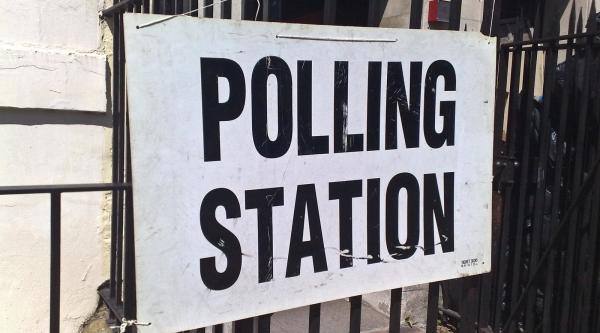Carer's allowance
If you're caring for someone with dementia, you may be entitled to Carer's allowance. Find out what this is and how to claim it.
What is Carer's allowance?
Carer's allowance is a benefit that can provide extra support to people who spend at least 35 unpaid hours per week looking after (or supervising) someone else. That person should be receiving:
- DLA (care component at the highest or middle rate)
- PIP (daily living part at either rate), or
- Attendance allowance (at either rate).
Find out if the person you care for can claim DLA, PIP or Attendance allowance.
The carer does not have to be related to, or living with, the person they are caring for.
Carer’s allowance does not depend on National insurance contributions, but it is taxable and can affect the amount you receive of some other means-tested benefits. It gives most carers who are under State pension age a National insurance credit each week to help protect their right to a State pension.
- Carer’s allowance is £83.80 a week.
- The earnings threshold is £196 – if you earn £196 or more a week, after deductions, you are not entitled to claim.
Can I claim Carer's allowance?
You must be 16 or over to claim Carer’s allowance.
You are not eligible for Carer’s allowance if:
- you earn more than the weekly threshold
- you are in full-time education
- you are studying for 21 hours a week or more.
It’s important to seek advice before making a claim for Carer's allowance. In some cases, the person being cared for could lose some of their means-tested benefits if Carer’s allowance is paid.
If you are a carer and are unsure about your entitlement, contact Carers UK for advice.
How does Carer's allowance affect other benefits?
You may be entitled to Carer’s allowance but unable to receive the payments because you already receive another ‘overlapping’ benefit such as a retirement pension, and the two benefits cannot be paid at the same time.
In this situation, you will receive the benefit that pays the highest rate, but that is not usually Carer’s allowance. Although you cannot receive Carer’s allowance, you have an ‘underlying entitlement’ to it so it may still be useful to you when claiming any means-tested benefit.
If you are entitled to Carer’s allowance you may be entitled to additional amounts in other benefits if you’re also claiming them, such as Income support, Universal credit, Housing benefit or Pension credit.
This may be the case even for those who are entitled to Carer’s allowance but cannot receive the payments because they receive an ‘overlapping’ benefit.
Depending on your income, you may be able to claim a higher rate of benefit if your spouse or partner is dependent on you financially. If you have dependent children, you may also be able to receive Child tax credit or Universal credit, depending on when you made your claim.
What if I'm not entitled to Carer's allowance?
If you’re not eligible for Carer’s allowance but you’re not working because of caring responsibilities, you may be able to claim Carer’s credit (if you care for at least 20 hours per week).
This is a National insurance credit rather than a payment, so caring responsibilities will not affect your ability to qualify for the State pension.
The rules for Carer’s allowance and Carer’s credit are complex. It’s important to get advice from an experienced benefits adviser – contact Citizens Advice or Age UK for help.
There are also other organisations that can give further information and support on benefits for people affected by dementia.
Find out how to claim benefits, including Carer's allowance.
- Page last reviewed:







